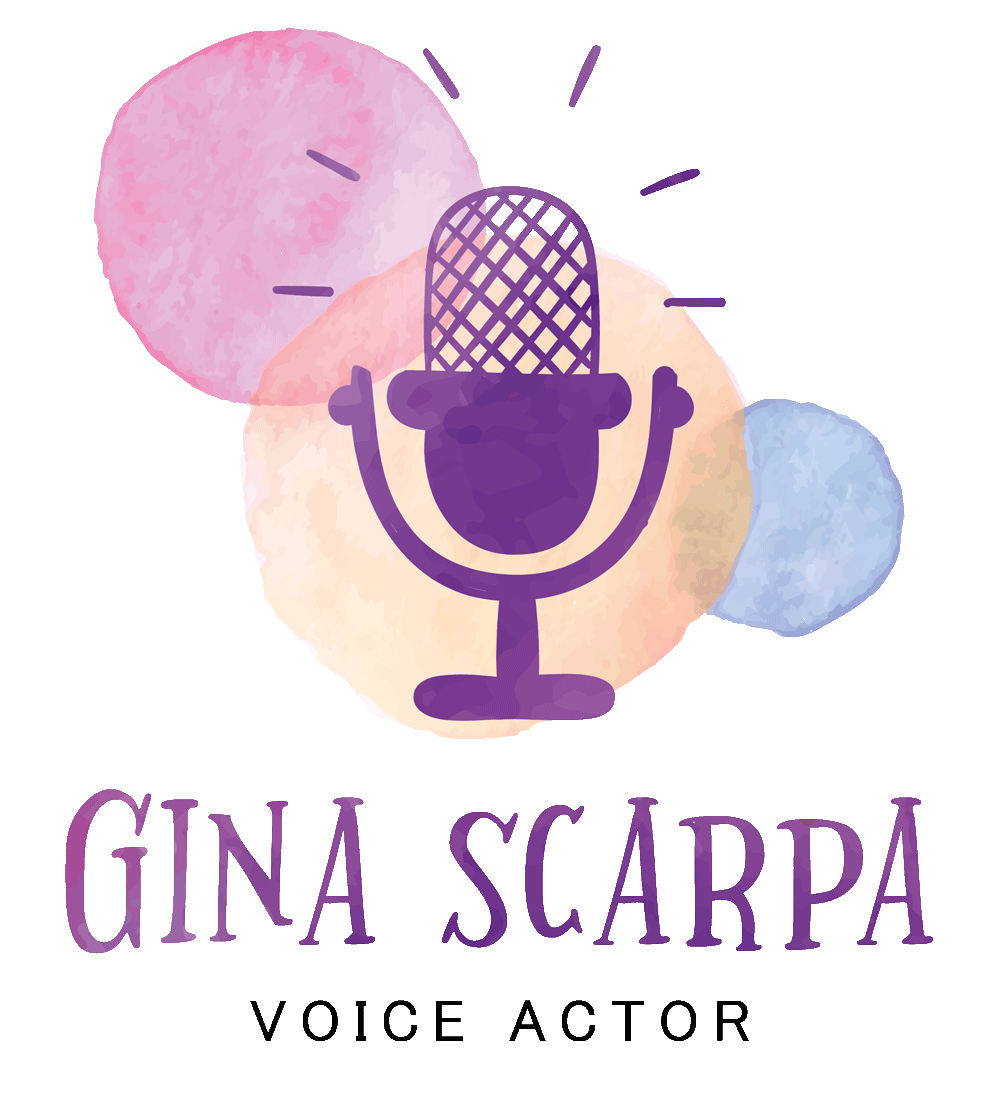Because voiceover is a somewhat nontraditional career path, I am often asked about how I got here and what others can do to get started in voiceover work. The idea of voicing cartoons, video games, and commercials is appealing to those who recognize that they may have some solid acting ability or an engaging voice. My career in radio started at a young age. I was only 19 when I first hit the airwaves, and understandably, I was hooked! In the years that followed, my interest in and passion for voiceover grew, and now I work full-time voicing all kinds of exciting projects.
When folks ask me how to become a voice actor, I usually begin with the same advice: it’s more complicated than it looks, but taking some important steps to set yourself up for success can truly make all the difference. There’s a lot to think about when it comes to competing for voiceover work including finding audition opportunities, connecting with agents and casting directors, choosing equipment that works for you, and more. Having a “great voice” is actually less important than you’d think. It’s more effective to be able to produce excellent, high-quality work and get to know the business side of the industry. It doesn’t happen overnight, so if you are serious about beginning a career in voiceover, it’s worth it to take the time to learn about pathways to success.
No matter where you are on your voiceover journey, I feel that everyone can benefit from taking voiceover workshops and classes and pursuing one-on-one coaching. Beginners should be especially committed to learning the skills associated with voice acting by learning about various voiceover genres including commercial, corporate narration, animation, video games, audio books, etc. You may not want to pursue all genres, so really understanding what goes into each one can save you a lot of time and energy in the bigger picture. Coaches and workshop leaders can help you recognize which genres will work well for you and your unique sound. There are tons of great voiceover workshops through learning programs like Actors Connection and Abacus Entertainment in New York, Real Voice LA in Los Angeles, and my personal coaching business, Positive Voices Studio!
When you begin to feel confident as a voice actor, the next step would be to create a great recording studio at home. While there are portable booths available for sale, you can outfit a closet or small room with soundproofing and equipment to create an effective recording space. There is no need to break the bank at first. A booth is something you can build and improve over time. Although you may own a USB microphone, I recommend investing in an XLR microphone and an audio interface for voiceover work. The sound quality will be significantly better, and professionals and clients in the industry will expect that their voice actors are working with an XLR. For resources for new and experienced voice actors, checkout Booth Junkie’s YouTube channel. This channel is run by Mike DelGaudio, an expert voice actor who breaks down and reviews equipment in an extremely accessible way. You can also check out my Voiceover Equipment page, for some helpful suggestions.
At this point, it would be a good idea to invest in a professionally produced voiceover demo. Typically professional voiceover artists have a demo for each genre they want to pursue. While prices for demos may vary, this is definitely an investment and one that should not be taken lightly. Spend the time to research demo services and work with someone who is creating great work that matches your budget and brings out the best in you.
At this point, the two steps that remain are finding audition opportunities and focusing on marketing. There are several ways to find auditions including pay-to-play websites like Voices and Voice123, social media posts, and one of my personal favorites, direct marketing. As you build your audition opportunities, it’s important to stay up-to-date with appropriate rates for various types of work. I highly recommend checking out the GVAA Rate Guide and Gravy for the Brain. As you put yourself out there more and more, it’s important to market yourself well with your social media presence, a professional looking website for your demos, and reaching out directly to potential clients as I mentioned above.
I realize that some of this may seem overwhelming if you’re just getting started, but there are all kinds of great resources out there to help you move forward. If you’re interested in a voiceover community with regular specialized workshops, a private Discord group, feedback opportunities, and more, check out my subscription-based group, Positively Voiceover, and start making your voiceover dreams a reality!
